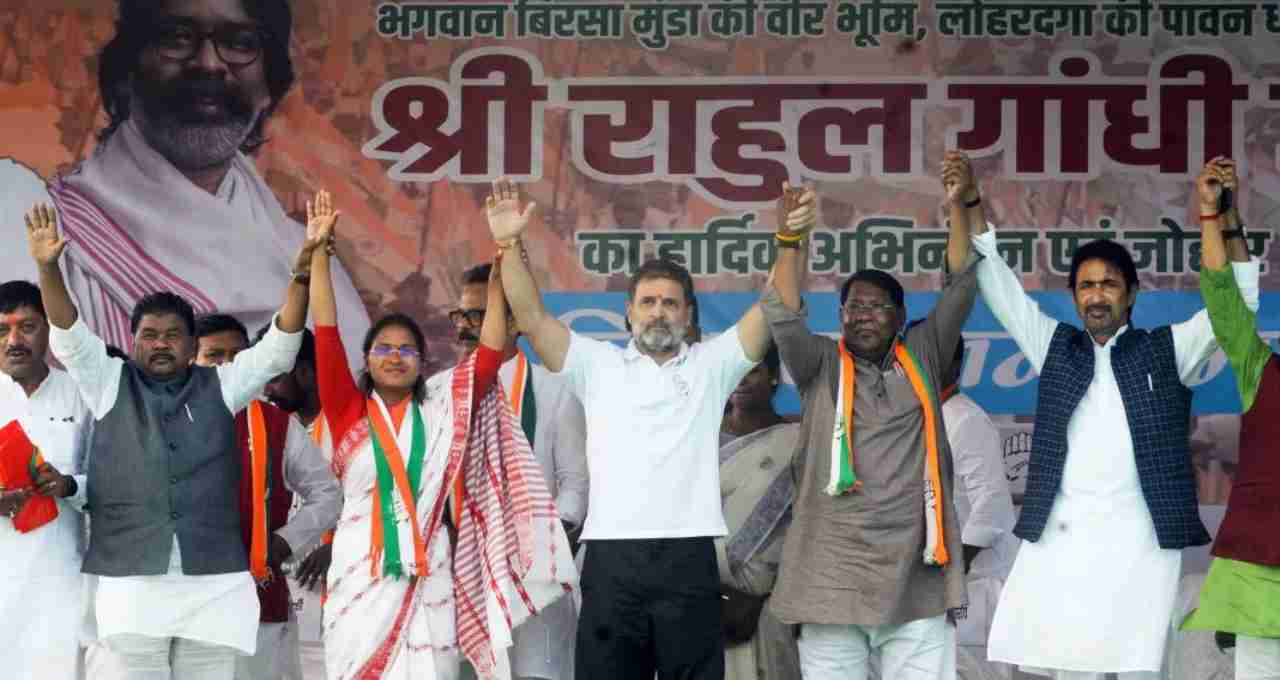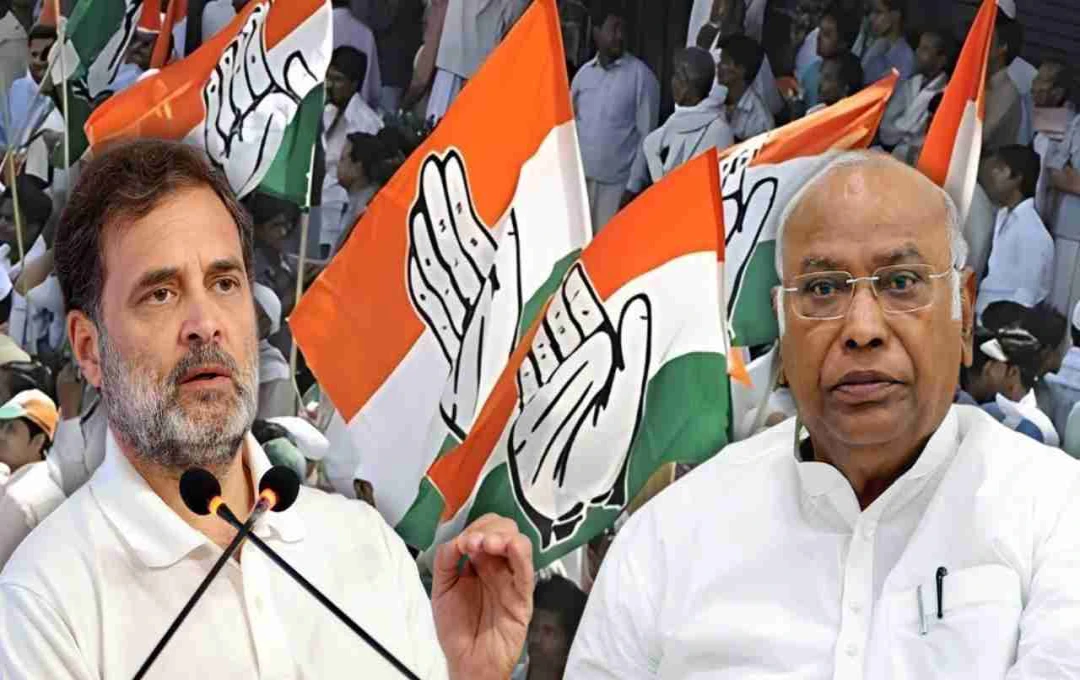Tribal leaders like Bandhu Tirkey and Rameshwar Oraon were absent from the Jharkhand Congress meeting. This raises concerns about growing discontent and factionalism within the party.
Jharkhand Politics: The Jharkhand Congress is once again experiencing internal factionalism and discontent. Following a recent crucial meeting in Delhi convened by senior Congress leader Rahul Gandhi, a situation of displeasure and friction has arisen within the state organization. The meeting aimed to strengthen the organization and decide on future strategies, but several prominent tribal leaders were overlooked, leading to increased dissatisfaction and disputes.
Prominent Leaders Absent from the Important Meeting
Several key MLAs, MPs, and senior leaders of the organization from Jharkhand were present at the meeting held in Delhi. However, surprisingly, influential tribal leaders such as Bandhu Tirkey, the working president of the state Congress, former state president Rameshwar Oraon, and senior leader Pradeep Balmuchu were not invited. This move has sparked discussions within the Congress about whether it was a deliberate decision or an oversight in the list.
Bandhu Tirkey, who has also served as the chairman of the Congress Manifesto Committee, has a deep hold within the tribal community. He had recently met with Congress General Secretary KC Venugopal and senior leader Mukul Wasnik in Delhi, where discussions were held on strengthening the organization. Yet, his exclusion from the meeting raises several questions.
Gaps Widened Instead of Organizational Strength
The purpose of this meeting was to strengthen the Congress organization in Jharkhand and formulate strategies for the upcoming elections. Considering the preparations for the 2024 Lok Sabha elections and subsequent assembly elections, this meeting was considered significant. In the 2019 assembly elections, the Congress, in alliance with the JMM, won 56 out of 81 seats, of which the Congress secured 16 seats.

Despite this achievement, a lack of unity is clearly visible in the organization. Ignoring tribal leaders, in particular, could affect the party's traditional vote bank. The roles of tribal, Christian, and Muslim communities have been decisive in Jharkhand's politics, and the Congress's vote bank is based on them.
OBC vs. Tribal Dispute
Questions have also started to be raised regarding the caste equations of the current leadership in the state Congress. Currently, both state president Keshav Mahato Kamlesh and the leader of the legislature party, Pradeep Yadav, belong to the OBC community, while Jharkhand is a tribal-dominant state. Considering this equation, the tribal leaders and workers are feeling that their participation and representation in the party are continuously decreasing.
This dispute further intensified when OBC leaders were given preference in the distribution of tickets for the 2024 assembly elections. Several of them, such as Amba Prasad, Banna Gupta, and Jaleshwar Mahato, lost the elections, which also raised questions about the party's strategy. At the same time, in the absence of effective leadership and strategy in the tribal reserved seats, the party is also appearing to be weak in its traditional areas.
Importance of Tribal Seats
Out of the 81 seats in the Jharkhand Legislative Assembly, 28 seats are reserved for the tribal community. The Jharkhand Mukti Morcha and Congress alliance have long dominated these seats. The tribal society has been emerging as a permanent and powerful vote bank in Jharkhand's politics. In such a situation, if the leaders of these communities are ignored, the party's base is bound to erode.













